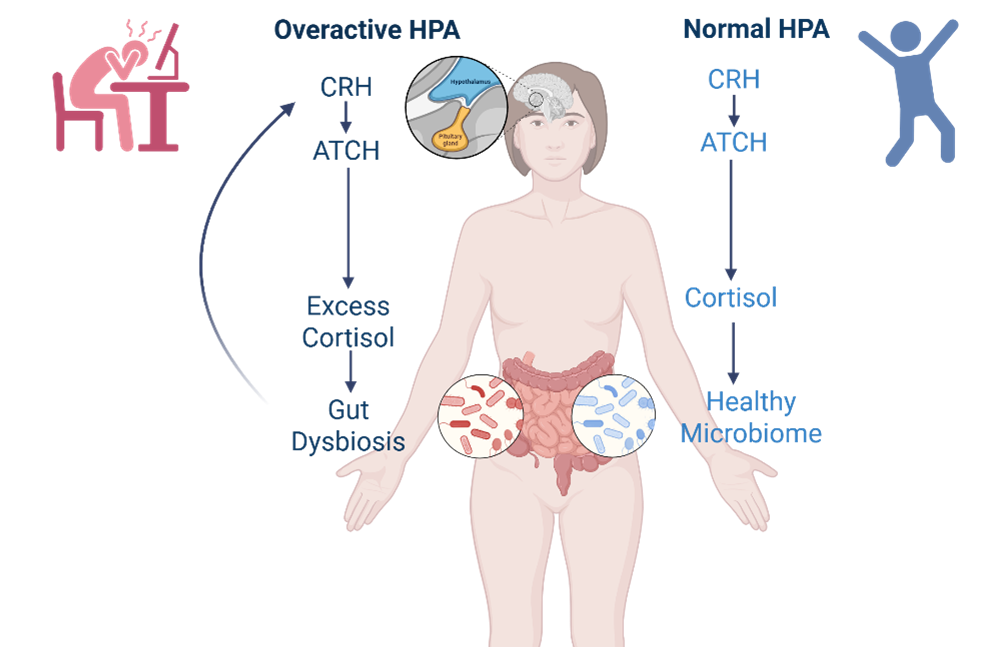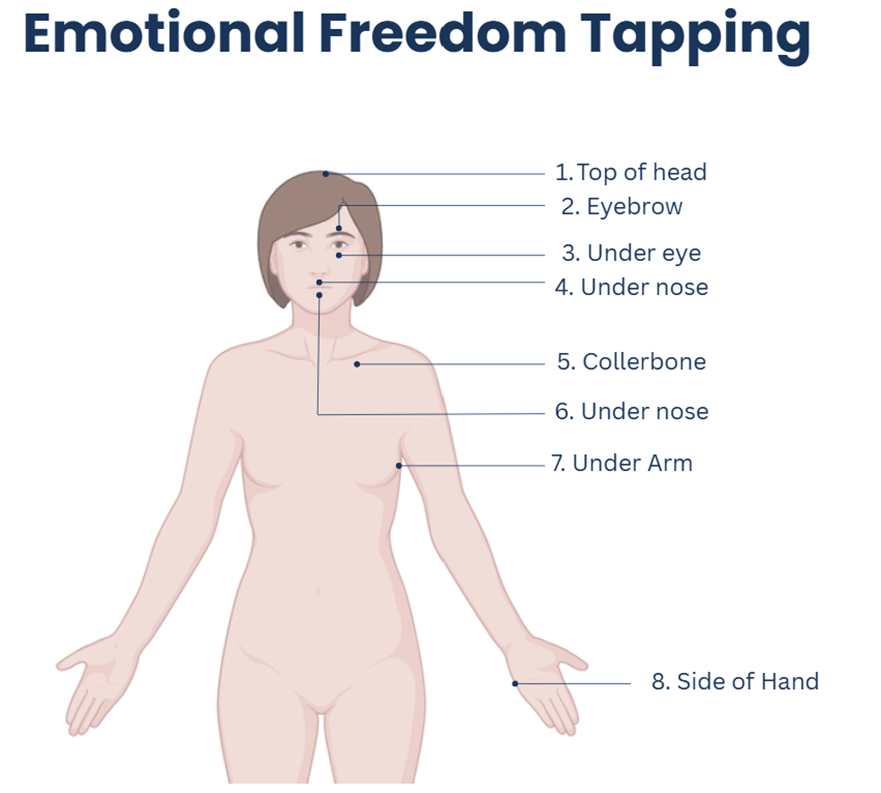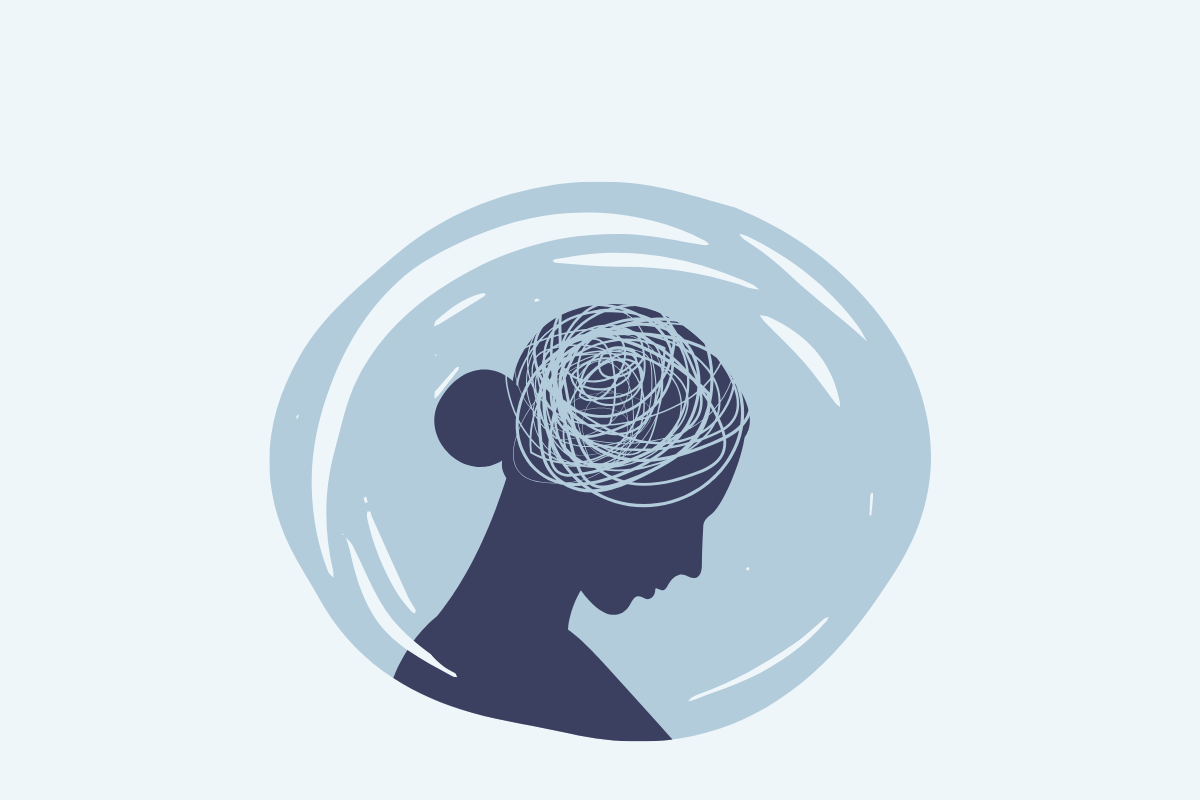Stress is a common experience, but women tend to experience it more often and more intensely than men. While a certain level of stress is essential for survival, chronic and overwhelming stress takes a serious toll on the body and mind.
But how is the microbiome affected by stress?
The numerous pathways of the brain-gut axis, of course! The brain–gut axis is a two-way communication system between the brain and the gut, involving neural, hormonal, and immune pathways. It plays a key role in regulating digestion, mood, and stress. The gut microbiota is a critical component, influencing brain function and behaviour.
When we’re under prolonged stress, our bodies produce excess cortisol (the primary stress hormone) and increase the release of cytokines, which drives inflammation. This inflammatory environment disrupts our gut microbiome, causing an imbalance known as dysbiosis, where harmful bacteria start to outnumber the beneficial ones.
This reduces digestive enzyme secretion and increases gut permeability, leading to what’s commonly called a “leaky gut”, which research has shown to allow toxins and bacteria to enter the bloodstream and trigger inflammation.
In addition, stress-related conditions such as anxiety, depression, and sleep disturbances, all of which are more common in women, are linked to an increased abundance of inflammatory-promoting bacteria and a decrease in beneficial ones. In simple terms, more stress can lead to more ‘bad’ bacteria, which in turn can worsen stress.
The diagram below shows how these signals and disruptions occur. In short, this is called our hypothalamic-pituitary-adrenal axis, whereby corticotropin-releasing hormone (cortisol inducer) is released in the brain, which causes cortisol to be released in the body, causing inflammation and dysbiosis in the gut.

So, do we “destress” the gut or the mind?
The answer is – both! Due to the extensive bi-directional communication between the brain and the gut, they affect each other’s functionality. To truly thrive, we need to care for both mind and gut, nurturing the powerful connections between them to create the best outcomes for each.
A top down tip to reduce your stress: Emotional Freedom Tapping.
“Emotional freedom Tapping” Like acupuncture, involves stimulating specific points on the body which can lead to can reduced cortisol and stress levels.
Before you begin, it’s important to clearly identify your stressor or issue. The common setup phrase is: “Even though I have this [fear or problem], I deeply and completely accept myself.” Practicing EFT regularly can help ease stress and inflammation, offering valuable support to both your mental well-being and your microbiome.

